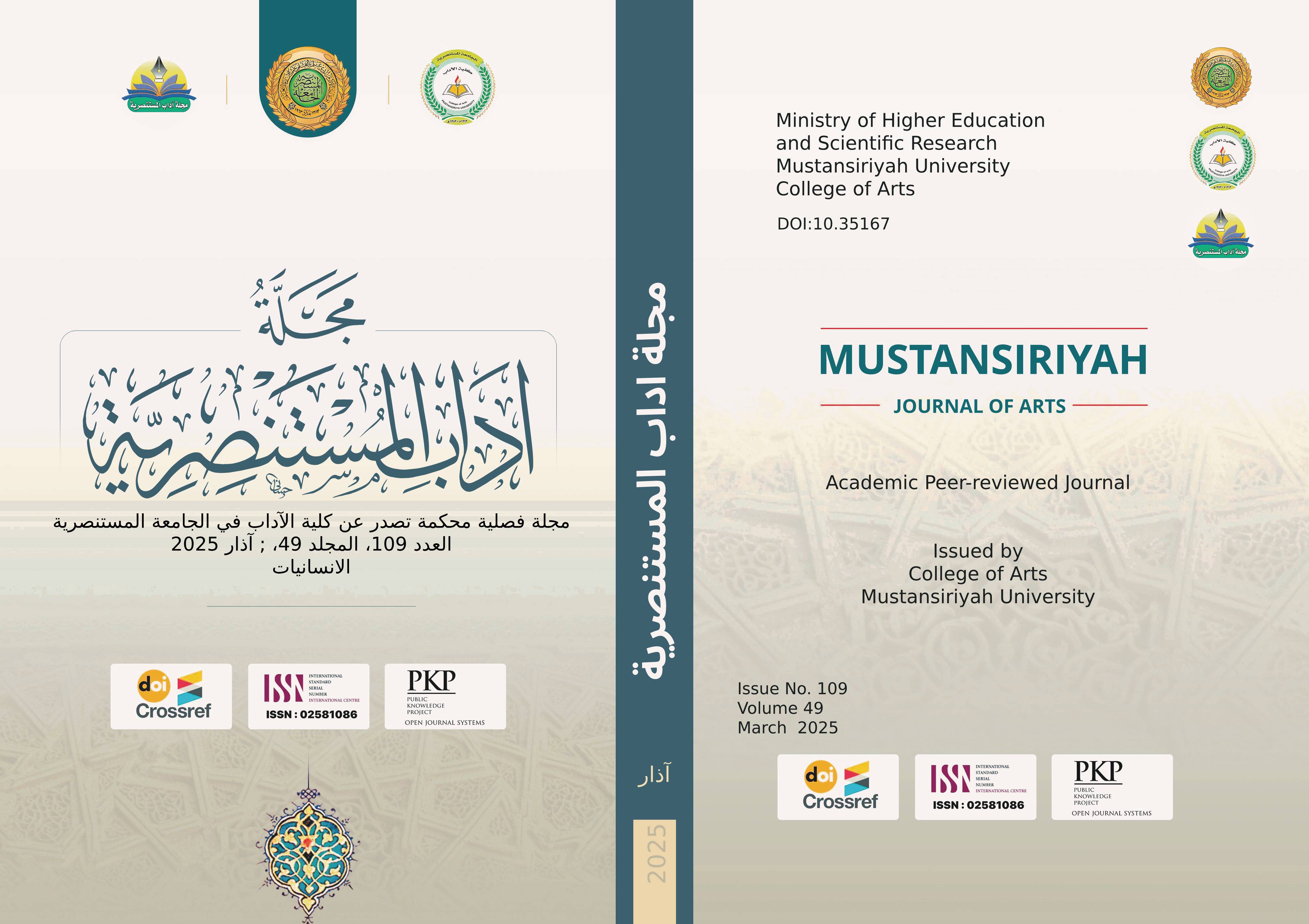Principles of governance and confronting corruption
Abstract
Governance is a set of policies and actions aimed at regulating and guiding intra-institutional relationships, both governmental and private, with a view to achieving efficiency, transparency and accountability. is the process of decision-making and implementation within a framework of responsibility, including resource management and actions that ensure sustained growth and innovation, while preserving the interest of all stakeholders. Good governance is a key factor in reducing corruption when there are transparent policies and a high level of accountability, it becomes difficult for individuals to leverage power for personal gain. Conversely, weak governance, oversight and accountability contribute to increased corruption
. In this study, we tried to link governance and corruption as closely related concepts, significantly affecting the social and economic stability of an institution, and thus governance standards become effective tools for that institution's success, as well as presenting obstacles to governance in application: human, organizational, administrative and legislative.
Downloads
Published
Issue
Section
License

This work is licensed under a Creative Commons Attribution-ShareAlike 4.0 International License.


